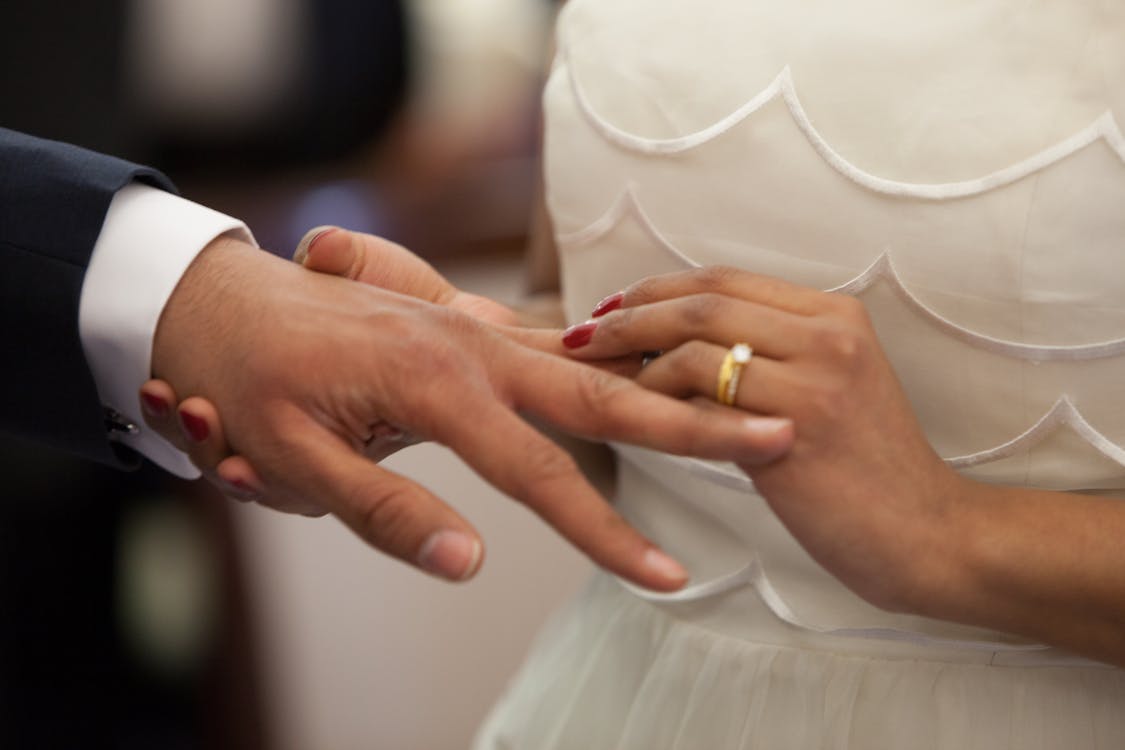Getting Married in Thailand
Getting married in Thailand requires that foreigners present their passports and attest to their freedom to marry according to Thai law. The marriage ceremony is then registered at a consular office by a consular officer. The foreign couple must have their declaration translated into Thai and then present it to the legalization division of the Thai government. The division will then sign the marriage documents and it usually takes two days. After this process, the couple can take their newly married documents home.
Thai Marriage Registration Requirements
You must first fulfill the marriage registration requirements. These include obtaining a marriage certificate. If you were married outside of Thailand, you must have it authenticated and translated before you can register it in Thailand. In case you're not able to visit the Ministry of Foreign Affairs, you can take the documents to your local Thai embassy. In addition, if you already have a marriage certificate, it must be translated and certified by the Protocol Division of the Ministry of Foreign Affairs.
Secondly, you must visit the Thai embassy or consulate in your country. During this time, you'll need to fill out declarations attesting to your freedom to marry and singleness. A Thai Consular Officer or Diplomatic Officer will be assigned to you and will register your marriage. Once you've completed your declarations, you'll need to take them to a translation office to be translated into Thai.
The next step is registering your marriage. Despite the name, Thai marriages are not valid until they've been officially registered. In addition to a certified translation and authenticated affirmation, you must also provide your Thai partner's House Registration Certificate and Identification Card. Having these documents is essential to proving your legality. Thai marriages are not recognized by any religious organization. Therefore, it's important to meet with an embassy representative to ensure that your Thai marriage registration process is as easy as possible.
Thai Marriage Registration at Amphur
The first step in getting married in Thailand is filing the paperwork at the local district office, also known as the amphur. Amphur, or khet in Bangkok, is where the wedding paperwork must be completed. Unlike civil ceremonies in many countries, Thailand does not recognize religious ceremonies as valid marriage ceremonies. As such, it is important that both the couple and the witnesses are able to communicate in both English and Thai. A translator or witness can be arranged through the local registration office.
Usually, couples have to fill out an affidavit for marriage registration. This document is notarized at the U.S. Embassy Bangkok or Consulate General Chiang Mai before it can be submitted at the Amphur. In case of foreigners, they also need to provide divorce decrees and death certificates from their country. After all documents have been verified, the registrar will record the marriage and return it to the couple.
To get married legally in Thailand, both parties must file at the local Amphur, or district office. This is similar to the county office in the United States. The process of marriage registration at the Amphur may take several days. For U.S. citizens marrying Thai citizens, the procedure outlined below should be used. Those marrying a citizen of a third country must consult with the Thai embassy to learn about the appropriate procedure.
Matrimonial Properties in Thailand
Thai law recognizes both personal and marital property as part of a couple's matrimonial properties in Thailand. It likewise treats joint debts and assets as part of the marriage, and assigns control of the joint property to both partners. If the marriage ends, both parties may agree to enter into a prenuptial agreement to allocate property among them. Here are some important facts you should know about Thai matrimonial laws.
Thai courts require that if a couple divorces, the marital property be divided equally. Section 1533 of the civil code states that prenuptial agreements that deviate from this rule are null and void. This means that most real estate purchased in Thailand is paid for by the foreigner who married the Thai spouse, and is signed away as the latter's personal assets. In this situation, the real estate is not automatically divided as marital property and will be split between the husband and wife.
Thai law has several important differences from most Western countries. The Thai Conflict of Laws Act (TCLA) governs divorce. Its divorce provisions differ from other countries, so it's crucial to consult an attorney about the specifics of your case. In Thailand, you need to be clear about your property rights, and any issues pertaining to your property will fall under the jurisdiction of the Thai courts. Whether your spouse is in Thailand is important for your future happiness, but also for your future.

